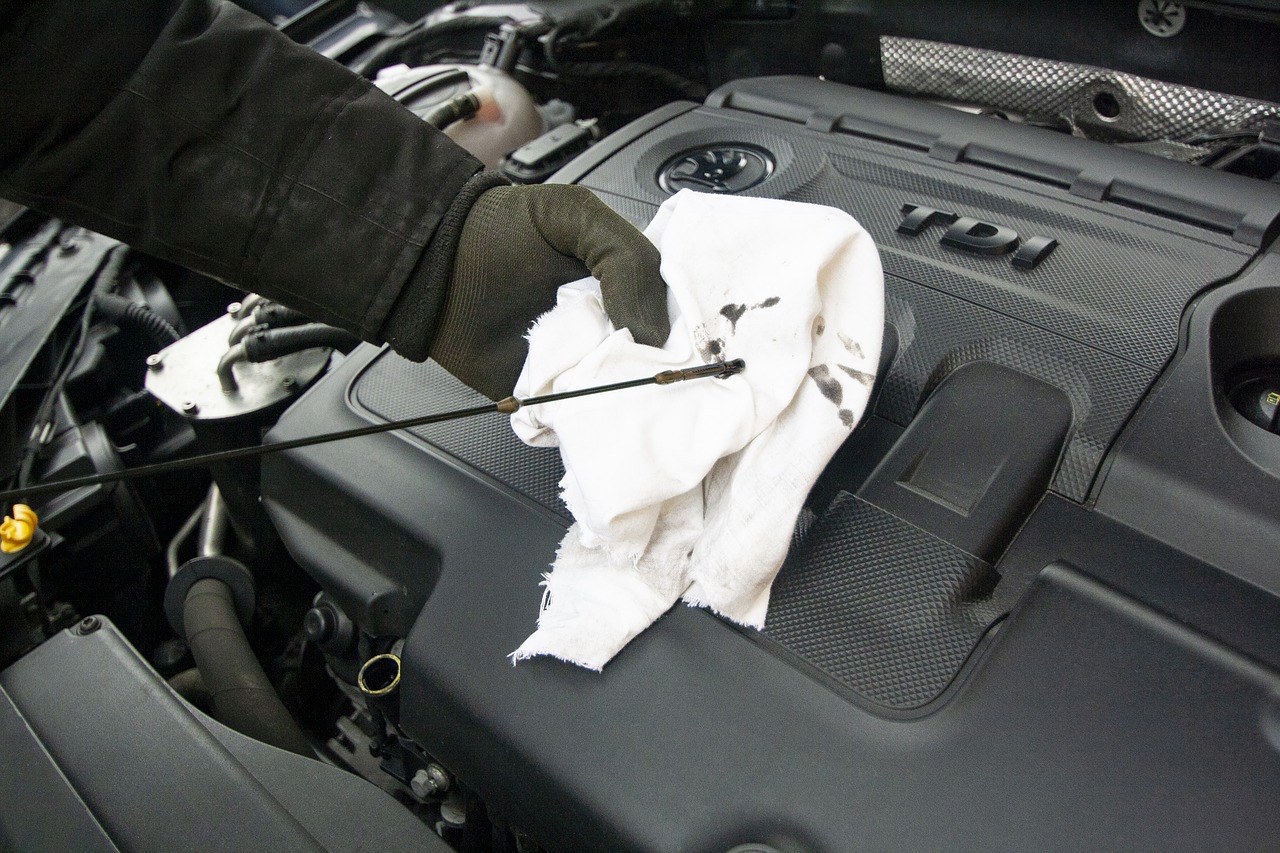engine oils facts and knowledge
Car owners should be aware that using low-quality oil might cause motor damage. To become a knowledgeable user, read our motor oil facts and knowledge sections.

EXPLORING THE BENEFITS OF LOW VISCOSITY (0W) MOTOR OILS
The need for zero-weight (0W) motor lubricants arose from a desire to minimise pollutants, increase fuel economy, and improve engine efficiency while maintaining engine protection.

Should You Extend Your Oil Drain Interval?
It’s not as essential to extend your vehicle’s oil drain interval as it is to protect your engine’s parts throughout the period. So, how can you get the most out of your oil while staying within your budget?

WHAT YOU NEED TO KNOW ABOUT API, ACEA, ILSAC, JASO and more
Choosing a motor oil for our car is no longer as straightforward as it once was. As emission regulations become more stringent and automobile manufacturers create increasingly complicated engines, the demands placed on lubricants are increasing. Lubricants manufacturers are working hard to meet the changing needs and create the best products for your vehicle.
F.A.Q. and MYths
Myths and FAQs about engine oils.
With every oil change, Atkinson Oil recommends replacing the oil filter to ensure that pollutants caught in the filter (such as dirt and residues) do not re-enter the new oil. Always follow your vehicle’s owner’s manual’s oil change recommendations and use an oil filter that meets automobile manufacturers’ criteria.
You put greater stress on the older oil that stays in the engine if you merely keep topping up your oil. And, in recent years, this stress issue has gotten worse as lighter, contemporary engines run with around 25% less oil in their sumps. Atkinson oil has a strong ability to clean your engine components and will keep them clean until the next oil change.
If you don’t change your oil on a regular basis, the level of protection given against engine wear will be drastically reduced. Engine oil serves as a reservoir for a variety of by-products produced by the combustion of fuel, such as soot, sludge, water, and acidic material, as well as unburned and partially burned fuel. Renewing the oil on a regular basis ensures that it has the proper balance of components.
It is dependent on the engine, the amount of use it receives, the amount of oil used, and the type of oil used. Certain engines require a specific grade of oil to function properly, while others aren’t as picky. If you’re not sure if your automobile can utilise a variety of viscosity oils, it’s best to ask us. If a mineral or semi-synthetic oil is being used, switching to a fully synthetic oil may help to minimise oil usage. Mineral-based oils are made up of a variety of sized molecules, with the smaller ones being able to evaporate and then burn quickly, increasing the rate of oil consumption. Synthetic oils have homogeneous molecules, making them less likely to evaporate and burn.
The warranty will not be void if you change your vehicle’s motor oil yourself or use a different brand of oil than what your manufacturer recommends. The guarantee cannot be regarded void if the motor oil used meets the manufacturer’s requirements for the vehicle (e.g., viscosity grade, type) as specified in the owner’s manual.
